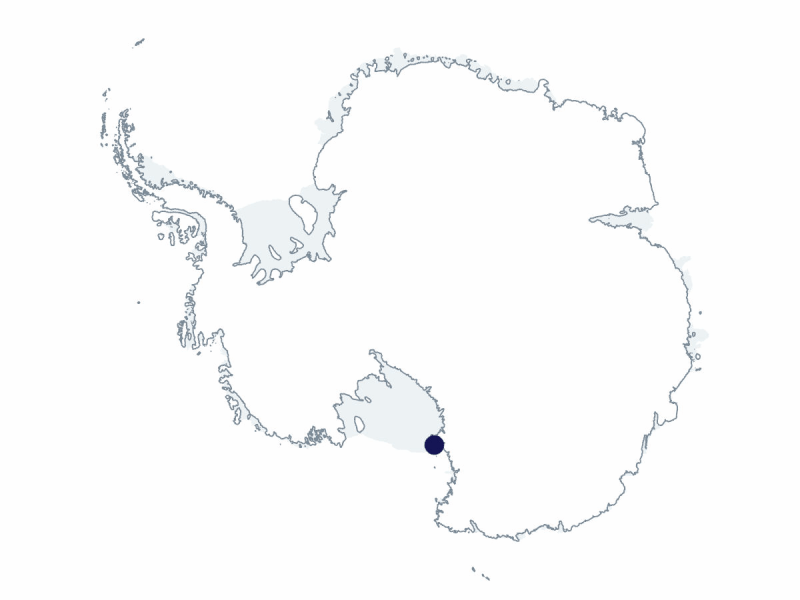2024-2025 USAP Field Season
Project Detail Project TitlePopulation growth at the southern extreme: Effects of early life conditions on Adélie penguin individuals and colonies Summary
Event Number:
Program Director:
ASC POC/Implementer: Principal Investigator(s)
Dr. Grant Ballard
Location
Supporting Stations: McMurdo Station DescriptionIn the Ross Sea region, one of the largest Adélie penguin colonies in the world is growing quickly, despite signs of negative density dependence. Building on a long-term biologging and demographic datasets, this team will integrate the role of environmental factors with information on penguin foraging behavior, diet, growth, and survival at Cape Crozier and Cape Royds. Data will be used to evaluate how early-life conditions and penguin behavior relate to penguin energetics and population size. Results from this study will enhance the scientific understanding of important penguin and prey populations and provide information that will feed into the conservation of sea-ice ecosystems. The team will also lead a diverse training and public outreach program. Field Season OverviewEight participants will deploy this season from early November to early February to continue the long-term study of Adélie penguin demographics and response to environmental change in the Ross Sea. Deployments will be staggered throughout the field season, with participants occupying helicopter-supported camps at Cape Royds and Cape Crozier. Some team members may stay one to two nights at the Cape Bird penguin colony, supported by Antarctica New Zealand. Field activities include identifying marked penguins at each location, collecting breeding behavior data, recovering loggers that were attached to penguins in prior seasons, and conducting Uncrewed Aerial System surveys of the penguin colonies. Deploying Team Members
|
2024-2025 Science Planning Summary



For USAP Participants |
For The Public |
For Researchers and EducatorsContact UsU.S. National Science FoundationOffice of Polar Programs Geosciences Directorate 2415 Eisenhower Avenue, Suite W7100 Alexandria, VA 22314 Sign up for the NSF Office of Polar Programs newsletter and events. Feedback Form |



